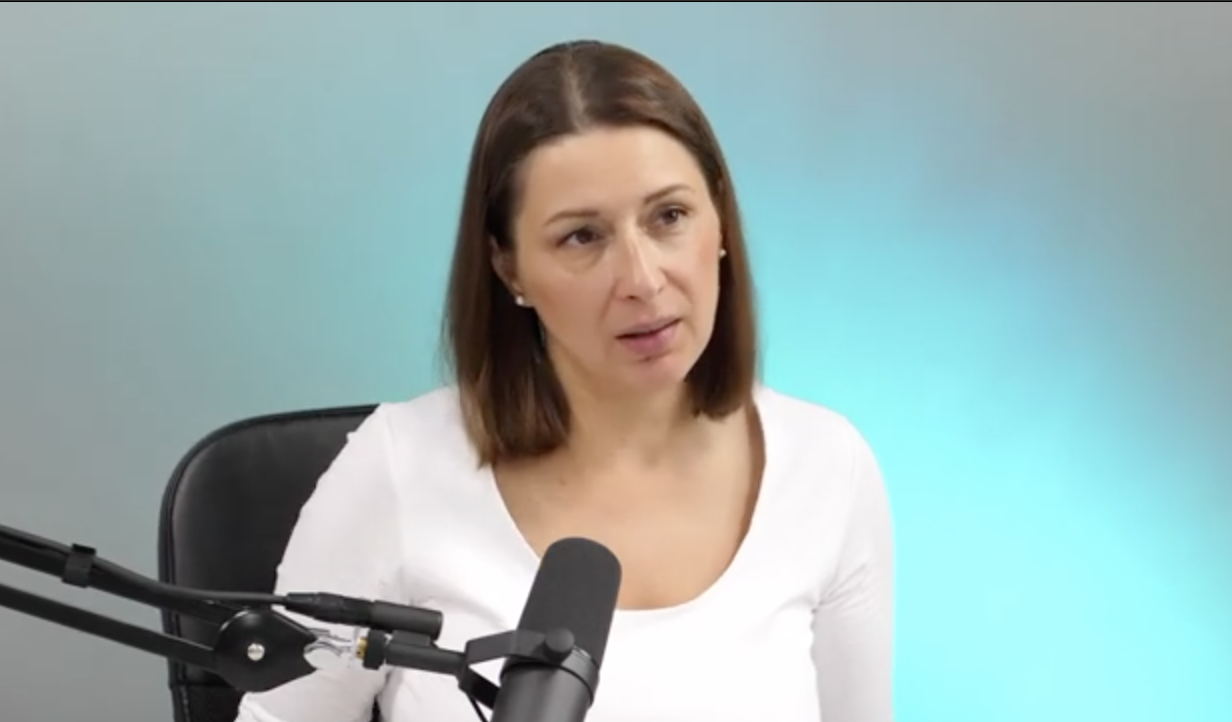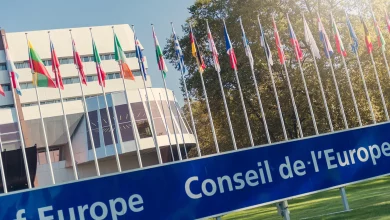Liliana Vitu: “The Audiovisual Market in Moldova Is Artificially Inflated by Politically Created Holdings Which Receive Flows of Money from the Outside”

The situation in the audiovisual field could be significantly improved if order were made in the legal regime of property to settle the issues related to media and advertising concentration, Liliana Vitu, President of the Broadcasting Council (BC), said in an interview to journalist Dumitru Ciorici on his Telegram channel. In her opinion, “in our country, the audiovisual market is artificially inflated, mainly by holding companies founded by the political groups pursuing their political goals, and benefits from flows of less clean money coming from the outside.”
Liliana Vitu believes that, in the Republic of Moldova, a balance between those who invest in local content and those who exist due to retransmitted content has not been reached yet. “For this reason, the first priority for monitoring this year, and I guess it will remain valid throughout the mandate, will be monitoring local programs in Romanian, because local channels must broadcast 80% of their content in Romanian, and 70% have to be broadcast in prime time.”
For this purpose, the BC suggested monitoring all the radio stations broadcasting at the national and local level for this aspect for the first time.
As to the question whether the current advertising market in Moldova would be sufficient to support the activity of 5-7 TV channels if they produce more local content, invest more in newer films, and whether it could happen earlier than in 15-20 years, the guest of the show mentioned that such studies were carried out by such non-governmental media organizations as the IJC or APEL. In her opinion, in the Republic of Moldova, the audiovisual market is artificial and inflated, basically due to the holdings founded by the political groups pursuing their political goals, and benefits from flows of insufficiently clean money coming from the outside. “If we finally get 15-20 channels, I wouldn’t see it as a tragedy, I suppose it would mean a recovery,” Liliana Vitu affirmed.
According to her, some channels should not have existed from the very start because they were part of a conglomerate. “Just like there was party-owned press, there were party-owned newspapers, so there were party-owned TV channels, which have nothing to do with the audiovisual sphere in the proper sense of the word, if we mean the healthy audiovisual sphere.”
“What should happen for us to reach this number of 10-15 TV channels?” the guest was asked. She believes that, for this to happen, the BC must fulfill its regulatory function, and a lot should be done in the field of property transparency, which is one of the EU’s priorities. “We know that some channels are owned by certain persons, yet, according to the documents, they belong to some other people who are just holders of records. There is another problem of revealing the true beneficiaries of these trusts. The media and advertising concentration are the issues we are going to deal with,” the head of the BC concluded.




